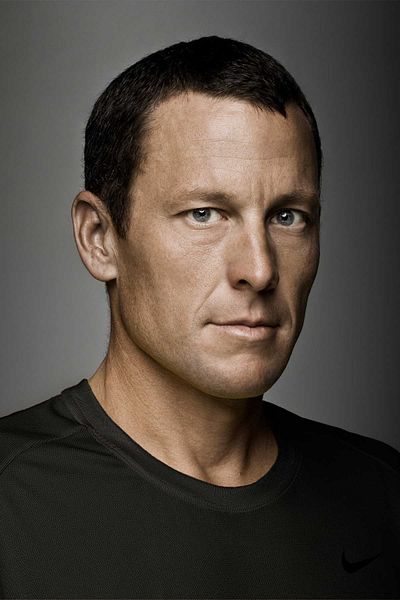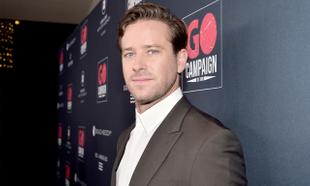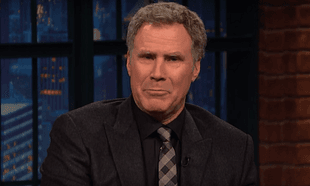Words: Philip Cummins
The recent news that Tyson Gay and Asafa Powell are among a string of athletes who have recently tested positive for banned substances brings to mind the many doping cases that have blighted sport in recent years. Here's a look at 5 doping cases that shocked the world of sport.
The Dirtiest Race in History
In the 1988 Seoul Olympics, Canadian 100m runner Ben Johnson smashed his own world record with a time of 9.79s, cementing his standing as the fastest man alive. Within 24 hours, a post- competition urine sample given by Johnson tested positive for anabolic steroids; within three days, he was stripped of his gold medal. American 100m runner Carl Lewis, who was awarded the 100-meter gold in place of Johnson, British silver medalist Linford Christie and fourth-place finisher Dennis Mitchell all tested positive for one substance or another that year, but were not disqualified as they did not test positive during the Olympic games. Only two out of the eight athletes in the heat remained clean for the remainder of their careers; the other six athletes all tested positive for banned substances at one point or another in their careers.
The BALCO Scandal
In 1984, Victor Conte founded BALCO (Bay Area Laboratory Co- Operative) to develop five Performance Enhancing Drugs- Erythropoietin, Human Growth Hormone, Modafinil, Testosterone cream, and Tetrahydrogestrinone- that were all difficult to detect in blood and urine tests. Conte has admitted that he supplied PED's to many athletes, including American shot putter C.J. Hunter and his ex- wife, Marion Jones.
Marion Jones
Plagued by accusations of doping and cheating from as far back as high school, Marion Jones seemed an unstoppable force of nature in track and field events. She excelled in the Sydney Olympics, winning three gold medals and two bronze medals. Like Lance Armstrong, Jones denied for years on end that she had been taking PED's, despite fevered rumor to the contrary. In a 2004 televised interview with Martin Bashir, Victor Conte of BALCO revealed that he had administered five different PED's to Jones before, during and after the 2000 Sydney Olympics. Jones' ex- husband, C.J. Hunter also publically claimed that he had witnessed Jones injecting steroids into her stomach. In 2007, Jones surrendered all five of her Olympic medals from the 2000 Summer Olympics; shortly after, the International Olympic Committee stripped Jones of all five titles.
Michelle Smith
Responsible for one of Ireland's largest ever medal hauls in the Olympic games, Smith's form, seemingly, came from nowhere. Suspicions were raised by fellow competitors and journalists alike when Smith went from being ranked 90th in the world to being ranked 1st within the space of three years. Suspicions swelled to the point where Sports Illustrated featured an image on the front cover of their magazine of an athlete's bicep being injected with a syringe, with the sub- heading: Irish Gold Medalist Michelle Smith: Did She or Didn't She? In 1998, Smith was served a ban by FINA after she was found to be tampering with a urine sample with whiskey, effectively ending her swimming career. Smith has retained her medals, as she never tested positive for substances during the Olympic games.
Lance Armstrong
What can be said about Lance Armstrong that hasn't already been said in recent years? Not much, only that the Texan will surely go down in history as the most notorious doper in sport, largely due to the extent to which he protected his lie at the cost of the reputations of a host of people within his circle over a period of almost two decades. Armstrong has admitted that his doping- his use of EPO and testosterone- began in the mid- 90's and boosted his performance throughout his seven Tour de France victories in a sport riddled with doping. Armstrong's interview with Oprah, flawed though it was, remains the television event of the year; it may even be the television of the decade.
















































































